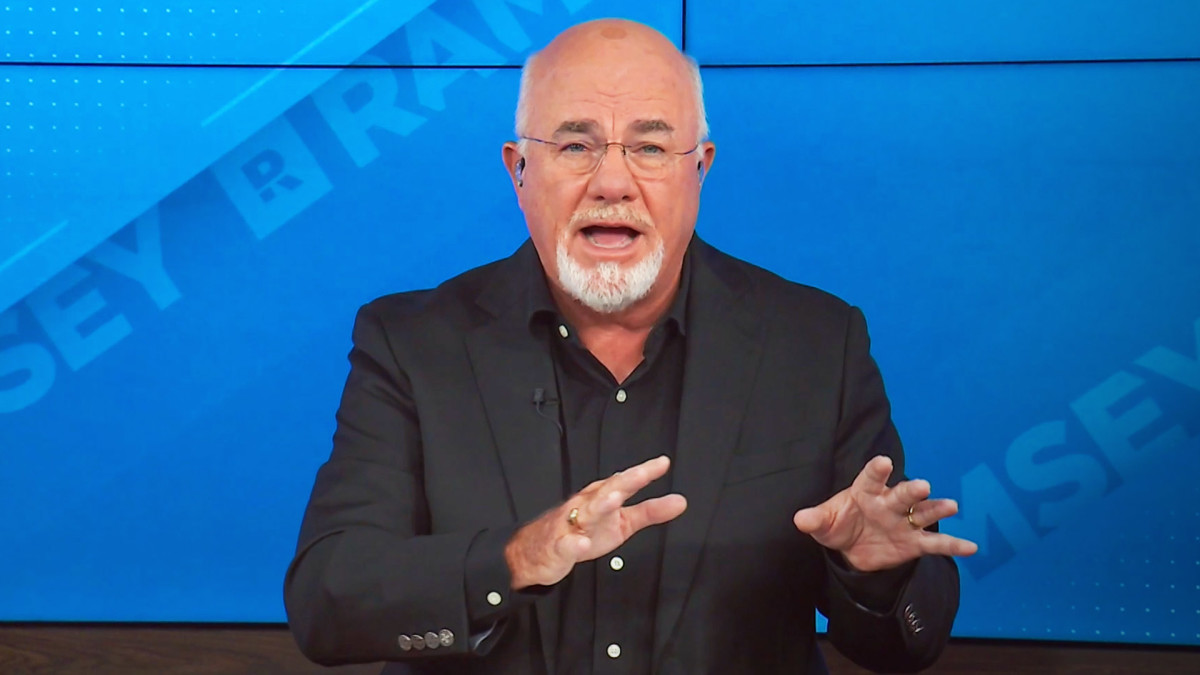As Americans prepare for retirement, they often weigh a variety of financial factors — ranging from Social Security benefits to income sources such as 401(k) plans and Individual Retirement Accounts (IRAs).
One crucial area that deserves attention is health care planning. For many, this means navigating the complex systems of Medicare and Medicaid.
In an effort to make these topics more approachable, personal finance expert Dave Ramsey offers guidance that breaks down the basics of Medicare and Medicaid, helping individuals build a solid understanding of how these programs work.
💵💰Don't miss the move: Subscribe to TheStreet's free daily newsletter 💰💵
Ramsey acknowledges that the details around Medicare and Medicaid are complicated.
“Have you seen that meme with the lady’s face covered in math equations looking confused?” he asked. “We’re willing to bet that might sum up how you feel right now — because that’s how pretty much everyone feels after looking into Medicare.”
“But it’s not hopeless,” Ramsey added.
Related: Dave Ramsey sends strong message to Americans on Medicare
Dave Ramsey explains Medicare's major components
Understanding Medicare is essential for anyone approaching retirement, Ramsey emphasizes. Medicare is a federal health insurance program for people 65 and older, or younger individuals with certain disabilities or diseases. It’s divided into several parts:
- Medicare Part A covers hospital stays.
- Medicare Part B covers medical services.
- Part C (Medicare Advantage) combines A, B, and often D through private insurers.
- Medicare Part D covers prescription drugs.
Parts A and B together form Original Medicare, which offers more flexibility. Many people either choose Original Medicare with Part D and a Medigap policy, or go with a Medicare Advantage Plan, which limits provider networks.
Image source: TheStreet
Dave Ramsey urges Americans to understand Medicare enrollment periods
Ramsey also stresses the importance of knowing the Medicare enrollment periods. There are five:
- The Initial Enrollment Period (IEP) begins three months before one's 65th birthday and lasts seven months. One can enroll in Parts A and B, then add Part D or Medicare Advantage.
- The Special Enrollment Period (SEP) applies if a person had coverage through work, lived abroad, or experienced other qualifying changes.
- The General Enrollment Period (GEP) runs Jan. 1 to March 31. If the IEP or SEP is missed, one can enroll here, but lifetime penalties are to be expected.
- The Annual Enrollment Period (AEP) is from Oct. 15 to Dec. 7. This is for making changes to existing coverage, not first-time enrollment.
- The Medigap Open Enrollment Period starts the month one enrolls in Part B and lasts six months. Ramsey advises buying during this window to avoid denial or higher costs due to preexisting conditions.
Ramsey advises Americans not to procrastinate and to talk with experts about the best Medicare options depending on a person's individual circumstances.
More on personal finance:
- Dave Ramsey warns Americans on Social Security
- Jean Chatzky sends strong message on major 401(k) changes
- Finance expert has blunt words for car buyers
Related: Secretary Bessent's Social Security remarks spark AARP outcry
Dave Ramsey describes how Medicaid helps Americans with limited income
Dave Ramsey explains that Medicaid is a joint federal and state assistance program designed to help Americans with limited income afford essential health care.
Unlike Medicare, Medicaid isn’t insurance, Ramsey clarified. It’s more of a support system that helps cover costs such as nursing home care, personal assistance, and even Medicare premiums for those who qualify.
Because states help administer Medicaid, the program varies depending on where one lives. Eligibility requirements differ by state, though they’re always based on income.
Ramsey notes that while the Affordable Care Act aimed to expand eligibility to anyone earning below 138% of the federal poverty level, states still have the choice to opt in or out of that expansion.
To ensure consistency, the federal government mandates a minimum set of benefits that all states must provide. These include hospital services, physician visits, lab work, nursing facility care, and transportation to medical appointments. States can also offer optional benefits such as dental, vision, physical therapy, and hospice care.
Ramsey emphasizes that Medicaid typically doesn’t require premiums, but some states do impose small copayments for certain services.
Eligibility is determined by income and assets, including wages, pensions, Social Security, veterans’ benefits, and withdrawals from retirement accounts.
Each state sets its own thresholds, so Ramsey emphasizes the fact that it’s important to check one's local guidelines.
Related: Dave Ramsey has blunt words for Americans buying a car













